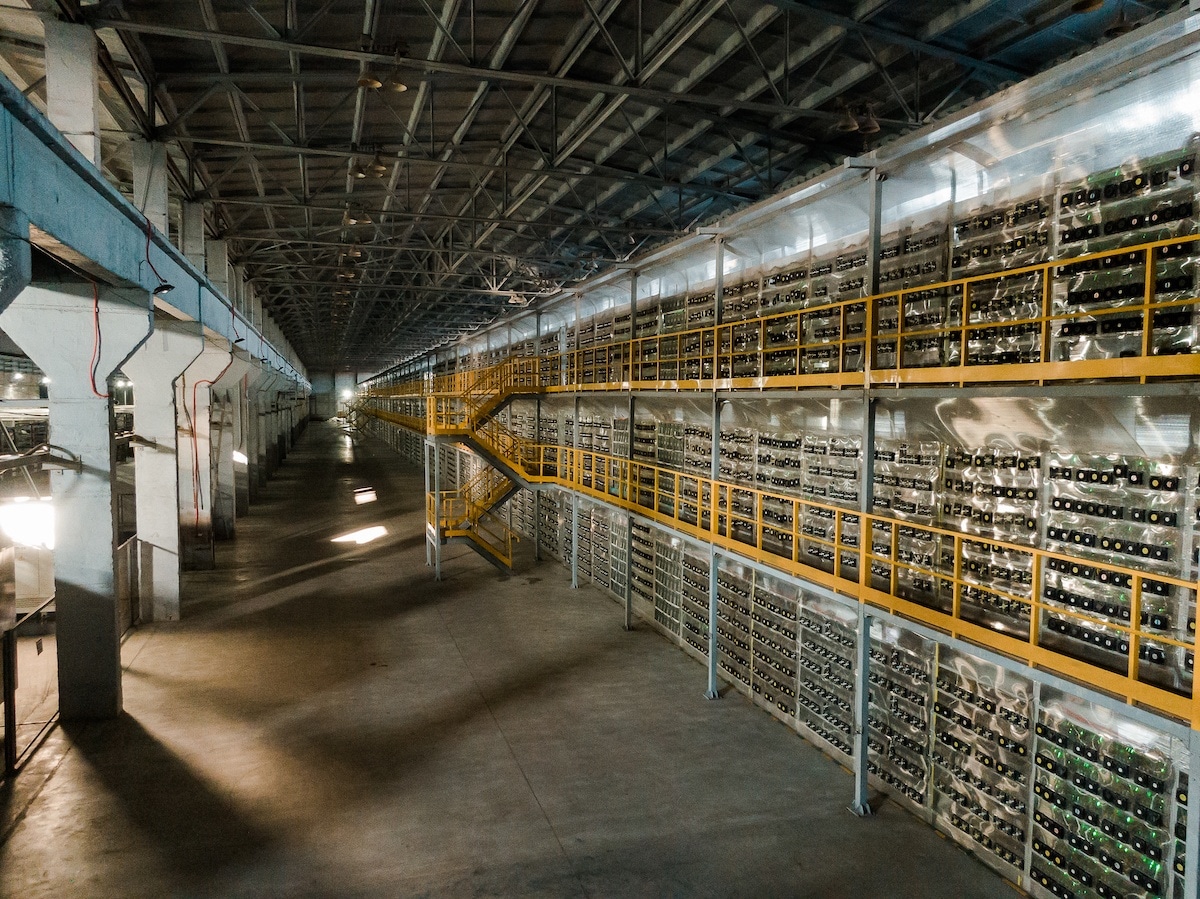The Shortage
Central Asia’s wealthiest country is facing pervasive power shortages caused by a dramatic increase in the number of cryptocurrency mining companies based there.
Kazakhstan is second in the world for Bitcoin mining after the US. The nation currently accounts for 18.1 per cent of the global Bitcoin mining hashrate. Hashrate is the unit measuring the amount of computational power used for Bitcoin mining per second.
Many companies had initially flooded into Kazakhstan in the wake of widespread Bitcoin bans in China. Prior to the ban, China accounted for roughly 75 per cent of worldwide Bitcoin mining, according to Cambridge’s Bitcoin Electricity Consumption Index.
Kazakhstan received upwards of 87,000 Bitcoin mining machines from China following their regulatory crackdown. Following China’s ban, Kazakhstan’s hashrate roughly doubled. However, Kazahkstan’s popularity among Bitcoin mining companies may not last.
Bitcoin mining is a costly and high energy-consuming enterprise. According to the Ministry of Energy of Kazakhstan, Bitcoin miners attributed to an 8 per cent increase in domestic electricity consumption.
Now, consequences for the widespread energy consumption are coming in droves. In July, the nation’s largest city Almaty endured a city-wide blackout. The shortage is expected to get worse during winter as people rely on heating.

Some mining companies, recognising the developing crisis, are leaving Kazakhstan completely.
Xive, a company dedicated to cryptocurrency mining services, has shut down their mining farm in South Kazakhstan in light of the power crisis. Co-founder Didar Bekbau attributed the shutdown to “country risk play[ing] out”.
Kazakhstan’s government is working to manage the crisis and instill regulations to adapt to the shortage. The nation’s grid operator, KEGOC, is currently rationing electricity provided to mines to reduce the strain. A spokesperson for Enegix said that an imposed electricity restriction kept their mines from operating during peak hours.
The Ministry of Energy proposed legislation that would impose broader limitations on the amount of energy used by each mine. The energy minister has also encouraged mining companies to investigate renewable energy solutions.






